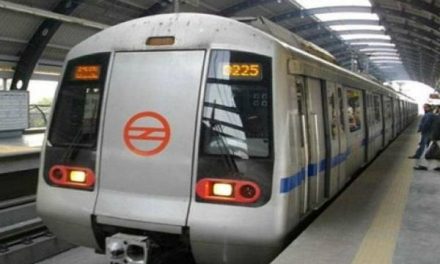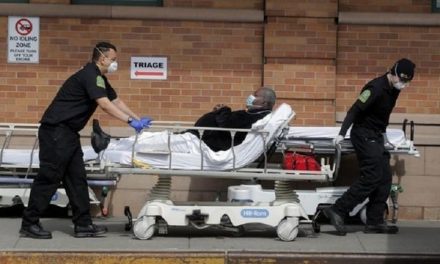Indians may soon be able to jump the employment-based Green Card backlog queue and obtain permanent residency in the United States (US) by paying a supplemental fee, also known as super-fee if a new House bill is passed into law.
Similarly, legal dreamers (children of H-1B holders who have aged out or will age out, and who have turned 21) will also get a chance to obtain permanent residency and citizenship, according to the portion of the Reconciliation Bill released by the US House Judiciary Committee, which has jurisdiction over immigration.
The Bill, however, does not seek to eliminate country caps for green cards or increase the annual quota of H-1B visas.
According to the portion of the Reconciliation Bill released by the US House Judiciary Committee, which has jurisdiction over immigration, the move will also help legal dreamers (children of H-1B holders who have aged out or will age out and who have turned 21) to obtain permanent residency and citizenship, The Times of India reported.
Reacting to the bill, David J Bier, Immigration policy analyst at Cato Institute, said, “employment-based applicants can adjust if they have waited 2 years from their priority date… this is almost like abolishing the EB caps for adjustment applicants who can pay $5K. Awesome!”
“For EB5, it’s a $50K fee. Even those who can’t afford the fees or who are abroad would benefit from freeing up this cap space for others. It’s unfair that the bill maintains the country caps as is, so Indians and Chinese will be the only EB applicants required to pay the $5K/50K,” he said in a series of tweets.
He said that the base caps for diversity, family, and #H1B all remain the same.
“Since H1B is the feeder for most EB, that’s basically like keeping the EB cap the same. No reforms to #H2A, #H2B, or other work programs, so nothing to help unskilled workers/address the border,” he said.
“Basically, this bill will help a few legal immigrants abroad indirectly, but the main purpose is the integration of existing immigrants. That’s a noble cause, but the immigration/migration part of immigration reform is just left out. No new pathways for workers, same system,” he tweeted.











